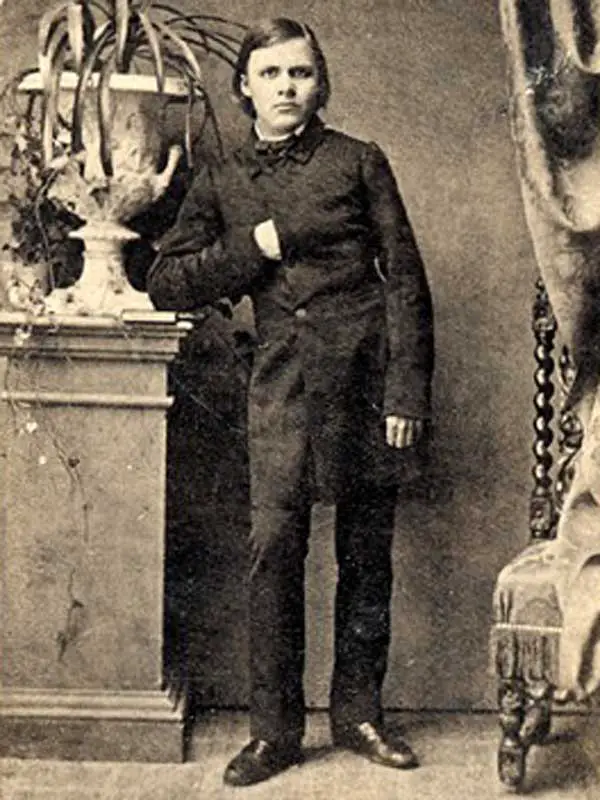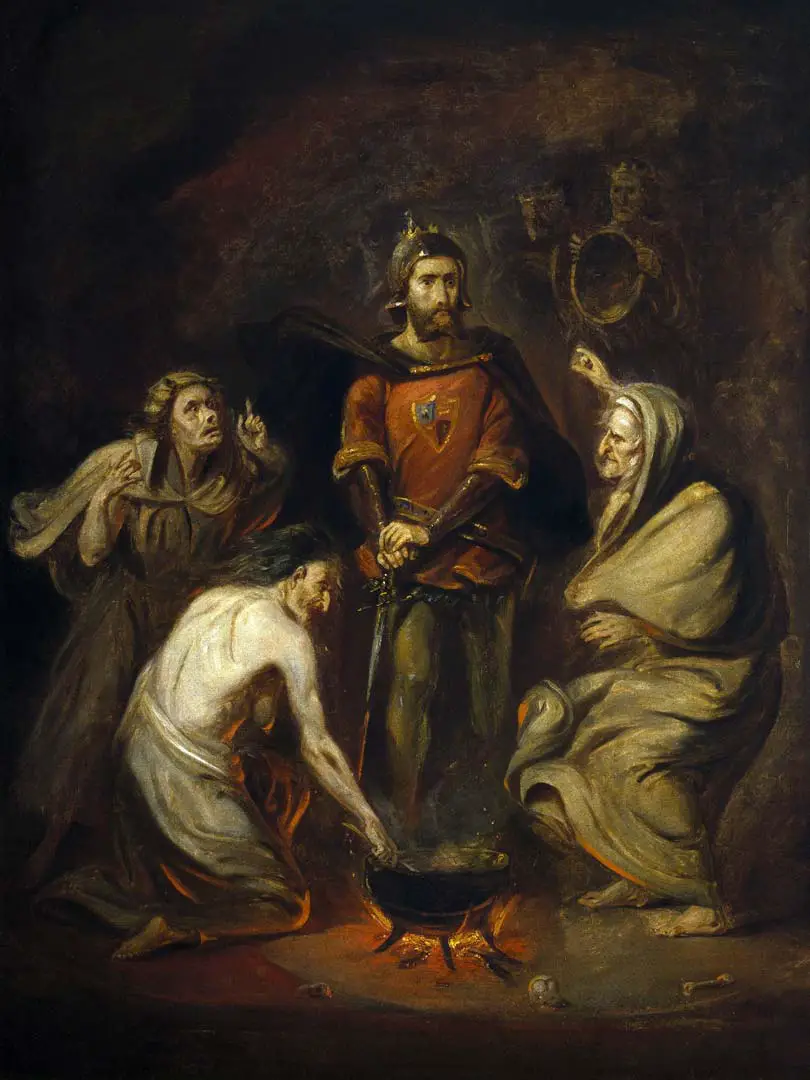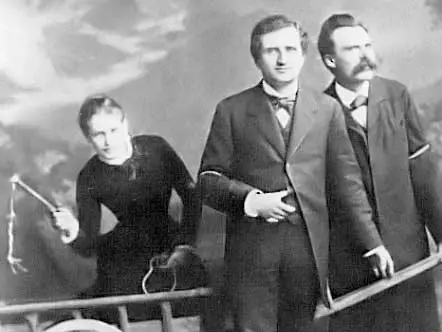Protagoras vs. Euathlus, and some points on morality


Protagoras vs. Euathlus, and some points on morality
As an ancient story has it, Protagoras once took his student Euathlus to court. Euathlus became Protagoras’ student with a promise to pay half of his tuition fees in advance, and the second half once he would stand in front of the jurors and win his case. Once he had learnt the skills, as fortune would have it, he could not take on any cases. Some sources say that he would not take any cases in order to avoid paying the remainder of the fees. Protagoras decided to sue him for breach of contractual obligations. The interesting nature of this case is the paradox that arises as to the ruling.
Let us first hear the two sides as they plea their case.
Protagoras: “Let me tell you, most foolish of youths, that in either event you will have to pay what I am demanding, whether judgment be pronounced for or against you. For if the case goes against you, the money will be due me in accordance with the verdict, because I have won; but if the decision be in your favour, the money will be due me according to our contract, since you will have won a case.” (Aulus Gellius’ [amazon asin=0674992156&text=Attic Nights], Rolfe translation)
Euathlus: “So let me tell you in turn, wisest of masters, that in either event I shall not have to pay what you demand, whether judgment be pronounced for or against me. For if the jurors decide in my favour, according to their verdict nothing will be due you, because I have won; but if they give judgment against me, by the terms of our contract I shall owe you nothing, because I have not won a case.” (Aulus Gellius’ Attic Nights, Rolfe translation)
The paradox is quite intriguing. We are uncertain as to who should be the winner. And if we take it at face value without further analysis, the paradox does not really have a solution. In fact, in the story, the jury postpones the case for a later day(indefinitely?).
Except, there are several aspects that most sources on the paradox do not mention. For instance, at some point in his defense Euathlus mentions that he could win the case by not defending himself, but by “employing another as my advocate”. If this were to happen, Euathlus would have won the case and would not have to pay the remainder of the tuition fees. Additionally, as any (good?) student of law would argue, there is as such no breach of contract prior to the case. Protagoras, in other words, would not be able to start a lawsuit against his student because at that stage there is no breach. If this were to happen, however, Protagoras would have a case against his student which could subsequently be used in order to ask for the remainder of the fees. Even better law students would argue that there would be no hearing in the first instance, so there would still not be a breach of contract.

IMDb | [amazon asin=B003NEQ70C&text=Amazon]
Sign up for Paradox of the Day mailing list and please visit our Patreon support page.








